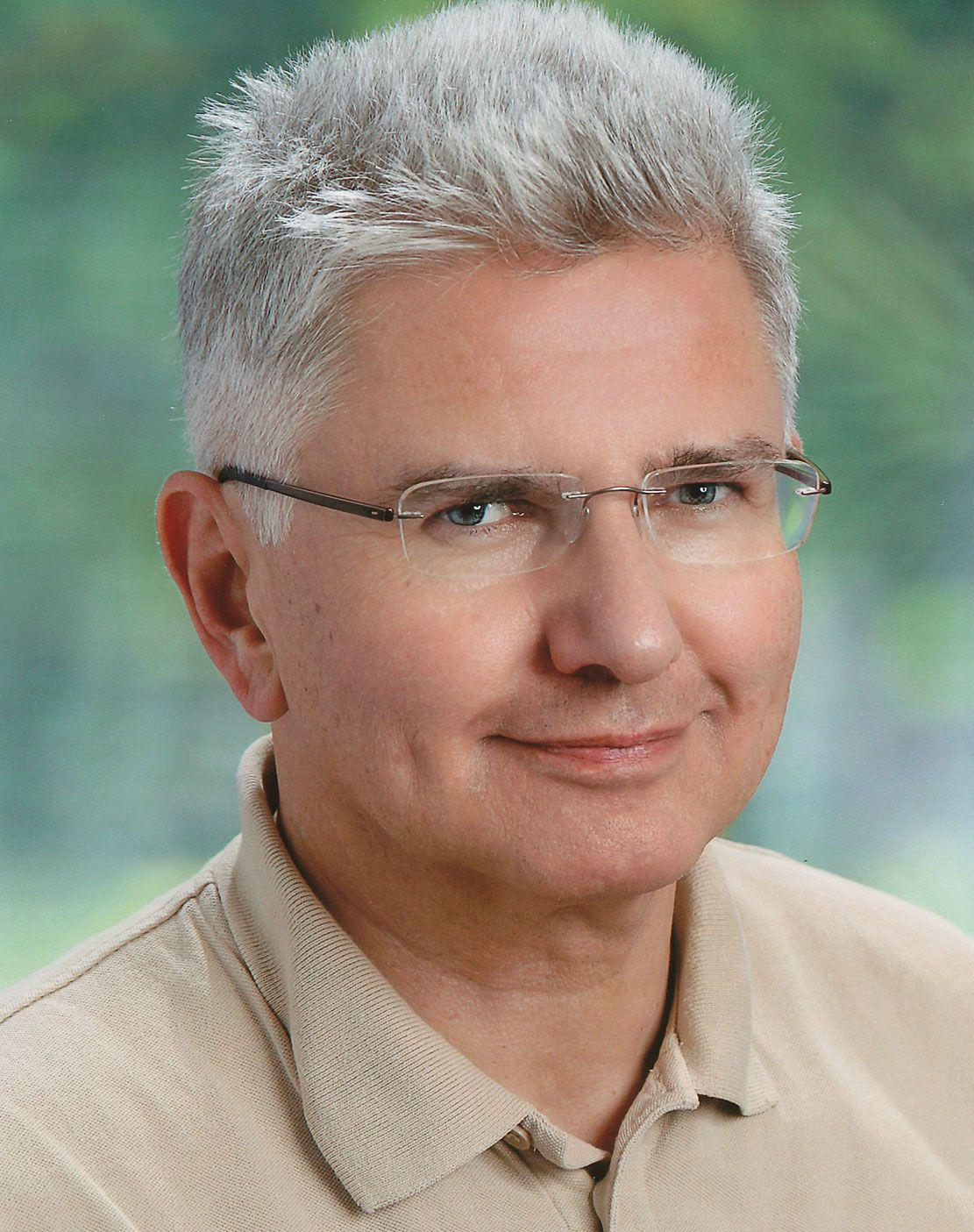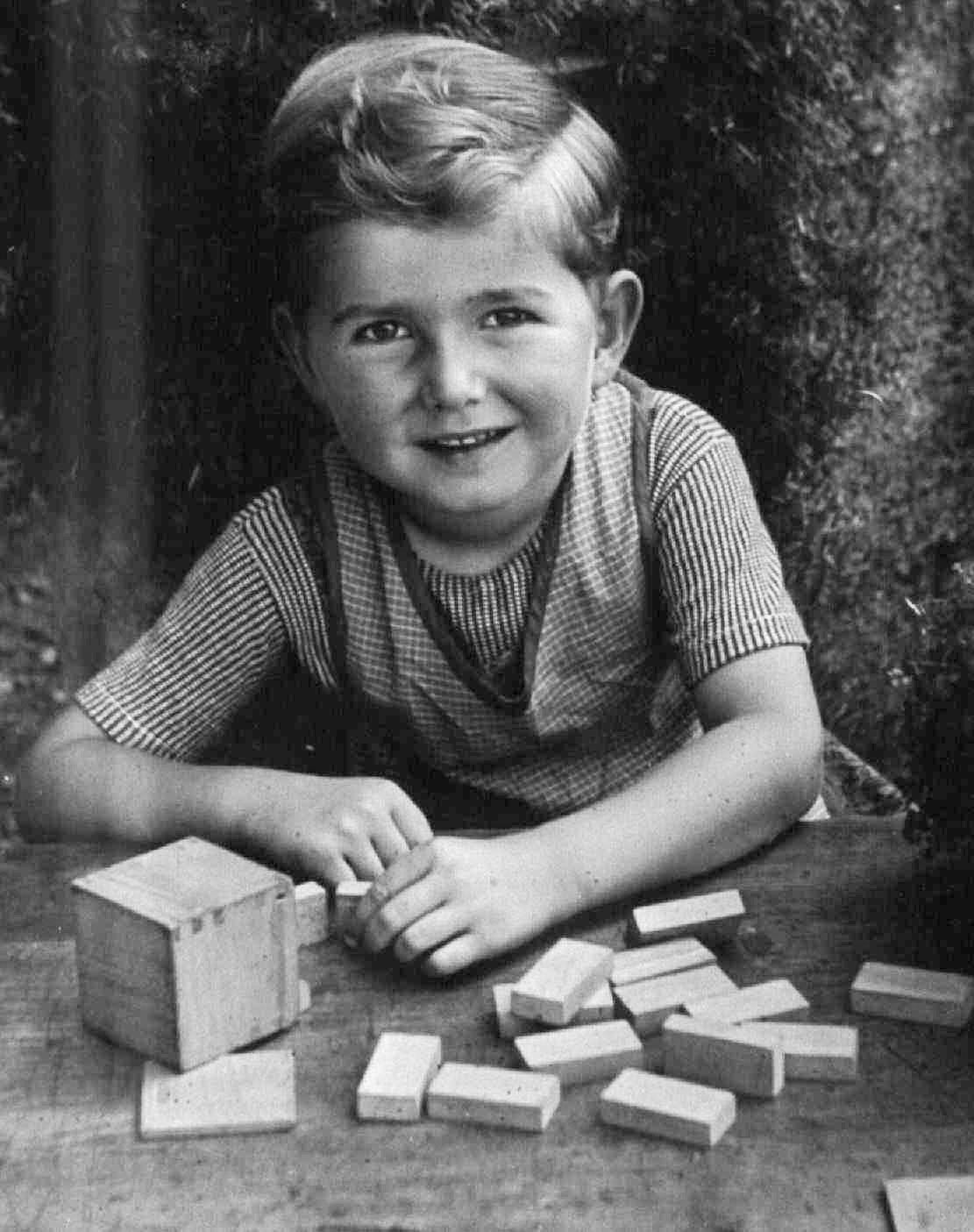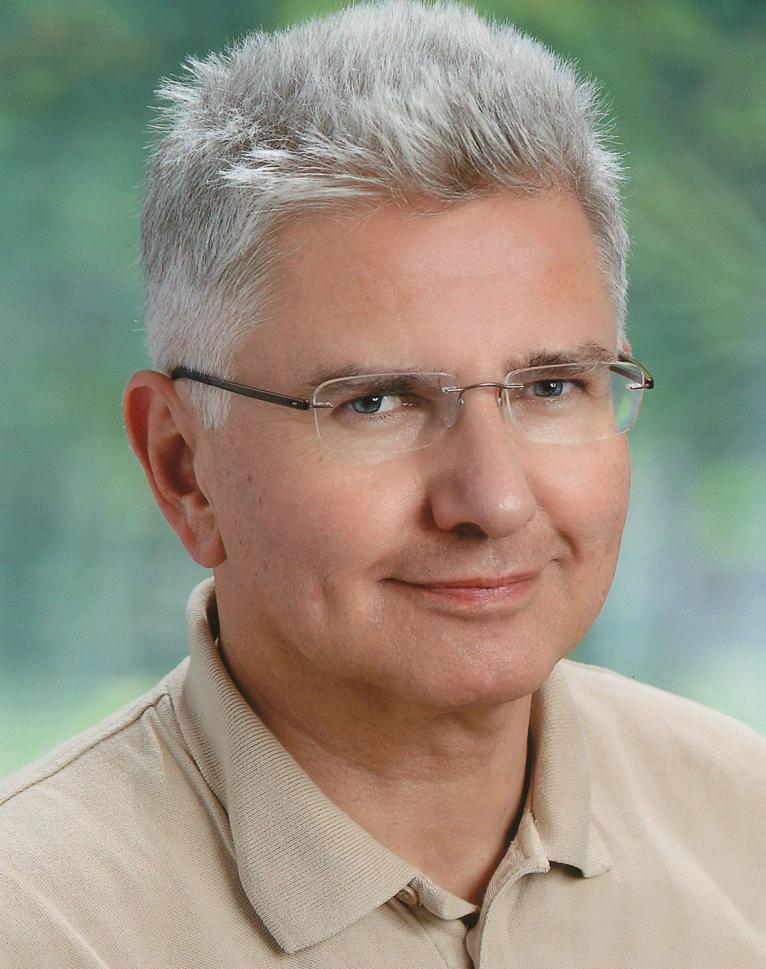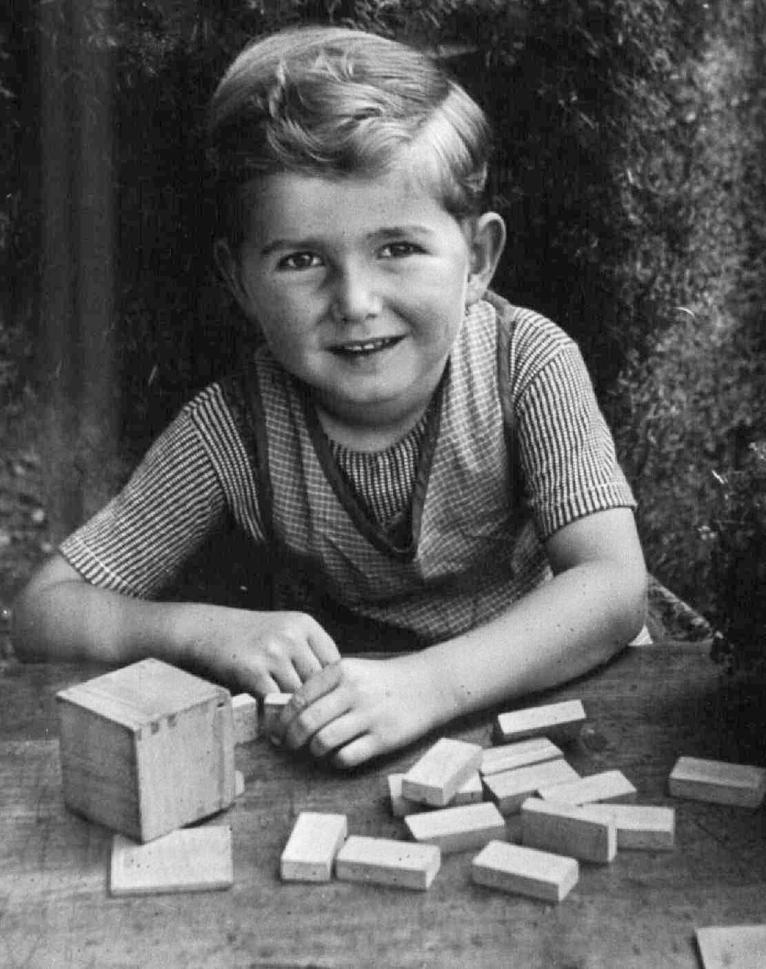Curriculum Vitae
_3.png)
Karl Friedrich Gerber
Curriculum Vitae
_3.png)
Karl Friedrich Gerber
Curriculum Vitae
_2.png)
Karl Friedrich Gerber
Curriculum Vitae
_1.png)
Karl Friedrich Gerber


Karl F. Gerber
Born in 1954 in Lörrach (Germany), played electric bass guitar in the first instance at the age of sixteen.
Experiments with music electronics he dared during his physics laboratory assistant apprenticeship. Parallel to the technical high school Karl studied as a guest student in Freiburg musicology (Riethmueller, Eggebrecht). After turning to jazz, he studied in parallel to study physics at the Jazz School Munich double bass with Adelhard Roidinger. After graduating with a degree in physics from LMU Munich, he has worked for many years in the microelectronics industry and now works as a technical college lecturer in Munich. While he is primarily self-taught as a composer, he considers his periodical lessons at H. W. Erdmann, Cort Lippe, Robert Rowe, Carola Bauckholt, and the piano lessons with Götz Tangerding † and Alex Grünwald and commonly the harmony lessons with Joe Haider and Joe Viera as very useful and remembers them with gratitude.
His interests range from „Jazz & Electronics“ (early experiments in analog electronics with René Wohlhauser 1975), to interactive computer sound installations: e. g. „Perseus“ 1987 at Gallerie X, Munich.
Experiments with mathematical composition in real time began in 1984 on Commodore C64 and eventually led to live-algorithmic performances: „Improvisation with integers“ was a co-improvisation together with the „University of Michigan Dancers“; performed during International Computer Music Conference (ICMC) 1998 in Ann Arbor, Michigan, USA.
From the beginning, using the computer to improvise meant for him the editing of formulas on the screen. Since 2004, this has been termed „live coding“ and became a major trend.
„Doomsday“ appeared on a Munich-based electronics sampler LP and was played as a live concert for tape at the ICMC 1988 (curator Clarence Barlow) in Cologne by WDR radio .
„Beautiful Numbers“ was awarded a prize as „Music for Dance“ in Bourges; appeared on Double-CD „Lauréate of the Puys 93/94“ at IMEB/CIME.
In 2003 his CD Jewel Case readymade „FREE CHESS“ (100 limited edition) was released. „Stream“ was selected by the German Society for Electroacoustic Music for its DEGEM CD7, on Cybele label (2003).
A Siemens grant led to a commission by the MGNM: in „UnarieUnbegleitet“ the voice of a singer controls in a complex way and in real time an acoustic computer piano; premiered at Muffathalle Munich in 2005.
His computer-controlled, mechanic „experimental violin machine“ was presented (as a work in progress) in 2012 at Deutsches Museum (German Museum of Masterpieces of Science and Technology) in Munich.
As competitors at the first „Munich Music Hack Day“ 2013 his team won the first award.
Since „Loops“ for piano solo (2004) instead of electronics there is also work in traditional notation been done. Furthermore compositions for piano, marimba and live computer, harpsichord for four hands "VC3e".
Curriculum Vitae
.png)
Karl Friedrich Gerber

Karl F. Gerber
Born in 1954 in Lörrach (Germany), played electric bass guitar in the first instance at the age of sixteen.
Experiments with music electronics he dared during his physics laboratory assistant apprenticeship. Parallel to the technical high school Karl studied as a guest student in Freiburg musicology (Riethmueller, Eggebrecht). After turning to jazz, he studied in parallel to study physics at the Jazz School Munich double bass with Adelhard Roidinger. After graduating with a degree in physics from LMU Munich, he has worked for many years in the microelectronics industry and now works as a technical college lecturer in Munich. While he is primarily self-taught as a composer, he considers his periodical lessons at H. W. Erdmann, Cort Lippe, Robert Rowe, Carola Bauckholt, and the piano lessons with Götz Tangerding † and Alex Grünwald and commonly the harmony lessons with Joe Haider and Joe Viera as very useful and remembers them with gratitude.
His interests range from „Jazz & Electronics“ (early experiments in analog electronics with René Wohlhauser 1975), to interactive computer sound installations: e. g. „Perseus“ 1987 at Gallerie X, Munich.
Experiments with mathematical composition in real time began in 1984 on Commodore C64 and eventually led to live-algorithmic performances: „Improvisation with integers“ was a co-improvisation together with the „University of Michigan Dancers“; performed during International Computer Music Conference (ICMC) 1998 in Ann Arbor, Michigan, USA.
From the beginning, using the computer to improvise meant for him the editing of formulas on the screen. Since 2004, this has been termed „live coding“ and became a major trend.
„Doomsday“ appeared on a Munich-based electronics sampler LP and was played as a live concert for tape at the ICMC 1988 (curator Clarence Barlow) in Cologne by WDR radio .
„Beautiful Numbers“ was awarded a prize as „Music for Dance“ in Bourges; appeared on Double-CD „Lauréate of the Puys 93/94“ at IMEB/CIME.
In 2003 his CD Jewel Case readymade „FREE CHESS“ (100 limited edition) was released. „Stream“ was selected by the German Society for Electroacoustic Music for its DEGEM CD7, on Cybele label (2003).
A Siemens grant led to a commission by the MGNM: in „UnarieUnbegleitet“ the voice of a singer controls in a complex way and in real time an acoustic computer piano; premiered at Muffathalle Munich in 2005.
His computer-controlled, mechanic „experimental violin machine“ was presented (as a work in progress) in 2012 at Deutsches Museum (German Museum of Masterpieces of Science and Technology) in Munich.
As competitors at the first „Munich Music Hack Day“ 2013 his team won the first award.
Since „Loops“ for piano solo (2004) instead of electronics there is also work in traditional notation been done. Furthermore compositions for piano, marimba and live computer, harpsichord for four hands "VC3e".

YouTube
I run a channel for my own music EIGENKLANG and an older channel for miscellaneous items KFG4.
YouTube
I run a channel for my own music EIGENKLANG and an older channel for miscellaneous items KFG4.
Karl F. Gerber | Deisenhofener Str. 102 | 81539 München | Germany | 2018 built by magamat